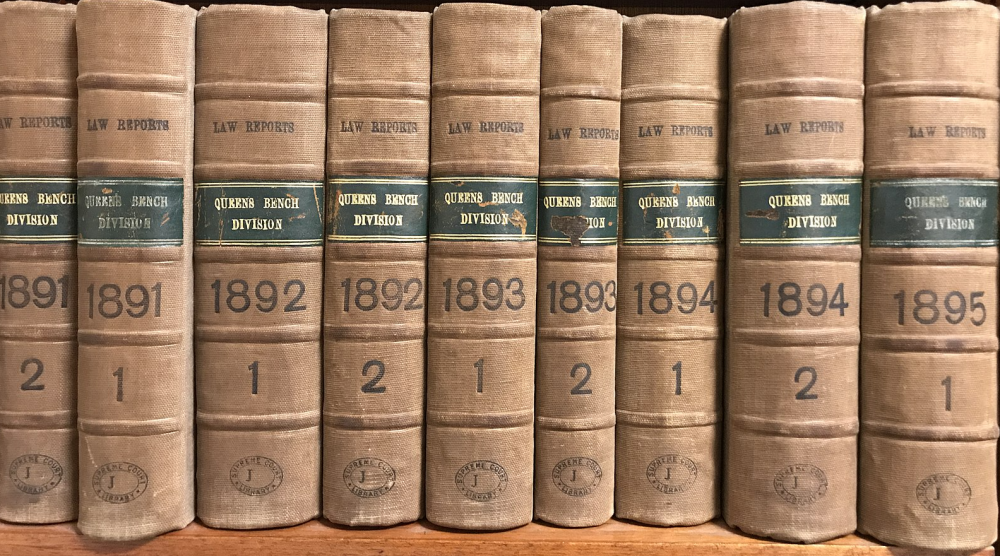Marine Trade v Pioneer: Difference between revisions
Amwelladmin (talk | contribs) m (Amwelladmin moved page Marine Trade v Pioneer - Case Note to Marine Trade v Pioneer) |
Amwelladmin (talk | contribs) No edit summary |
||
| Line 2: | Line 2: | ||
It follows hard on the heels of the {{casenote|Metavante|Lehman}} and should also be considered in the light of {{casenote|Enron|TXU}}. | It follows hard on the heels of the {{casenote|Metavante|Lehman}} and should also be considered in the light of {{casenote|Enron|TXU}}. | ||
Marine Trade and Pioneer were parties to 14 standard [[cash-settled]] [[contracts for difference]] called freight forwarding agreements ('''FFA'''s) under an {{isdama}}. Each month the parties exchanged a net “settlement sum” under each transaction FFA. | |||
In January 2009 USD7m was due to Marine Trade and USD12m was due to Pioneer. | |||
but — [[eheu]] — Pioneer was in default under the ISDA. Citing section {{isdaprov|2(a)(iii)}} Marine Trade invoiced Pioneer for USD7m, on the pretext its USD12m to Pioneer was suspended. | |||
Pioneer invoiced Marine Trade for the net sum of USD 5 million. Neither party paid. | |||
Pioneer served a notice of {{isdaprov|Failure to Pay}}. Fearing close out (Marine Trade was massively out-of-the-money) Marine Trade paid under protest and sought a restitution of the USD5m payment, and payment of the USD7m, from the High Court. It came before Flaux J, who held that Marine Trade could not recover the USD5m by way of [[restitution]]: there had been no mistake on the facts and therefore no ground for [[unjust enrichment]]. | |||
Marine Trade made the payment thinking it was probably not due. This is no mistake. While some level of doubt might be compatible with mistake, if a party makes a payment thinking that they were not liable (or, more likely than not, that they were not liable), there is no operative mistake. | |||
{{sa}} | {{sa}} | ||
*[http://www.ffw.com/publications/all/alerts/isda-master-agreement.aspx Field Fisher Waterhouse case note] | *[http://www.ffw.com/publications/all/alerts/isda-master-agreement.aspx Field Fisher Waterhouse case note] | ||
{{2(a)(iii)}} | {{2(a)(iii)}} | ||
Revision as of 09:21, 23 May 2023
|
The Jolly Contrarian Law Reports
Our own, snippy, in-house court reporting service.
|
Marine Trade SA v Pioneer Freight Futures Co Ltd. is a recent case on the ambit of the General Conditions section of the ISDA master, and in particular Section 2(a)(iii).
It follows hard on the heels of the Metavante v Lehman and should also be considered in the light of Enron v TXU.
Marine Trade and Pioneer were parties to 14 standard cash-settled contracts for difference called freight forwarding agreements (FFAs) under an ISDA Master Agreement. Each month the parties exchanged a net “settlement sum” under each transaction FFA.
In January 2009 USD7m was due to Marine Trade and USD12m was due to Pioneer.
but — eheu — Pioneer was in default under the ISDA. Citing section 2(a)(iii) Marine Trade invoiced Pioneer for USD7m, on the pretext its USD12m to Pioneer was suspended.
Pioneer invoiced Marine Trade for the net sum of USD 5 million. Neither party paid.
Pioneer served a notice of Failure to Pay. Fearing close out (Marine Trade was massively out-of-the-money) Marine Trade paid under protest and sought a restitution of the USD5m payment, and payment of the USD7m, from the High Court. It came before Flaux J, who held that Marine Trade could not recover the USD5m by way of restitution: there had been no mistake on the facts and therefore no ground for unjust enrichment.
Marine Trade made the payment thinking it was probably not due. This is no mistake. While some level of doubt might be compatible with mistake, if a party makes a payment thinking that they were not liable (or, more likely than not, that they were not liable), there is no operative mistake.
See also
Section 2(a)(iii) litigation
There is a (generous) handful of important authorities on the effect under English law or New York law of the suspension of obligations under the most litigationey clause in the ISDA Master Agreement, Section 2(a)(iii). They consider whether flawed asset provision amounts to an “ipso facto clause” under the US Bankruptcy Code or violates the “anti-deprivation” principle under English law. Those cases are:
